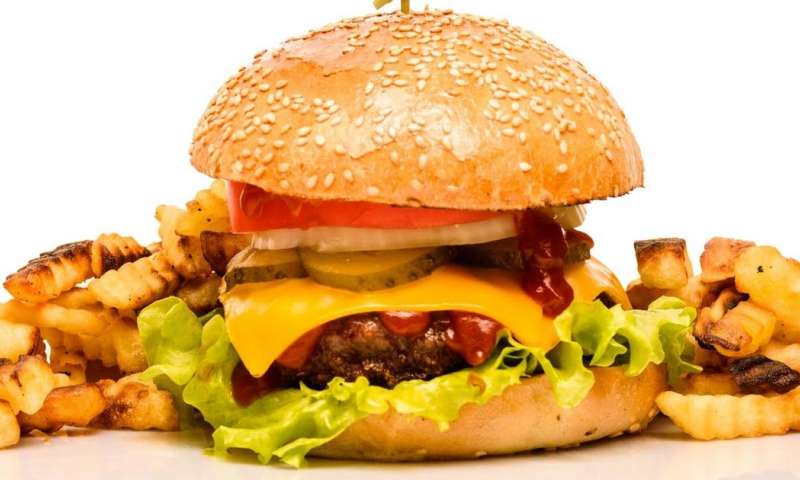Having engineered regular bouts of physical activity out of our children's lives, we then try to squash it back in through organized sport. But this creates additional challenges for families, as I have discovered in research conducted in collaboration with colleagues at Dalhousie and Acadia University. In this study, parents noted how fitting organized activities into their lives led to a reliance on foods eaten outside the home.
So we have one healthy behaviour —physical activity —competing with, and in some cases displacing, another—healthy nutrition. This takes us right back to the energy-in side of the energy balance equation.
Industry thrives on blaming individuals
Perhaps most shocking is how unwilling we are as a society to do anything to address these unhealthy environments that have shaped our behaviour over the last few decades. We seem to find it far easier to point the finger of blame at individuals for making poor choices, than to address the complex web of factors that contribute to obesity worldwide.
There is a pervasive narrative of personal responsibility for obesity, particularly among the general population. This suggests that people gain weight because they cannot control themselves, because they are weak or morally flawed or because they choose to eat unhealthy foods when other healthy options are available.
This narrative is aggressively promoted by those with most to lose from a system-wide approach to obesity prevention, one that would involve regulatory measures—such as bans on marketing to children or taxes on unhealthy food products. The food, beverage, car and fossil fuel industries are vocally opposed to regulation that might impact their profits. This parallels the strategies of the tobacco industry, which for decades undermined science on the relationship between smoking and cancer.
Busting this myth of personal responsibility means examining our own assumptions that obesity is a lifestyle issue, and challenging political ideologies that are committed to the dominance of the free market even as it undermines health.
It requires us to think critically about how our towns and cities are designed, how we regulate our food supply and the role of food manufacturers and retailers in making the decisions that impact our health and well-being.
Obesity is not a character flaw. It is a normal response to an abnormal environment. When unhealthy behaviours are the default, as they are within our modern, health-disrupting environment, then healthy behaviours become abnormal. We all need to eat more healthily and be more physically active, regardless of body weight or shape.
We also need leadership, political will and a restructuring of our environments to better support health. Not everyone has the time or financial resources to eat healthily, and it should not be up to individuals to navigate through this health-disrupting environment when profits are being made that negatively impact health.
We need collective action
None of this is new—even the Greek physician Hippocrates (c. 460 - 377 BC) is credited with saying: "If we could give every individual the right amount of nourishment and exercise, not too little and not too much, we would have found the safest way to health."
But a sense of urgency among some politicians is finally beginning to emerge, particularly when it comes to protecting our children from unhealthy food and drink advertising. Last month, Canada's Senate passed Bill S-228, the Child Health Protection Act, which seeks to prohibit the marketing of unhealthy food and beverages to children under the age of 17. This is an important step that puts the health and well-being of our children ahead of company profits.
There can be no dispute that everyone has a right to good health. But if we want to improve the lives of everyone, from the youngest to the oldest, wherever they live in the world, then we must, as a society, commit to making healthy choices easier for everyone to adopt.
This requires collective action —are you up for the challenge?
Source: medicalxpress.com





